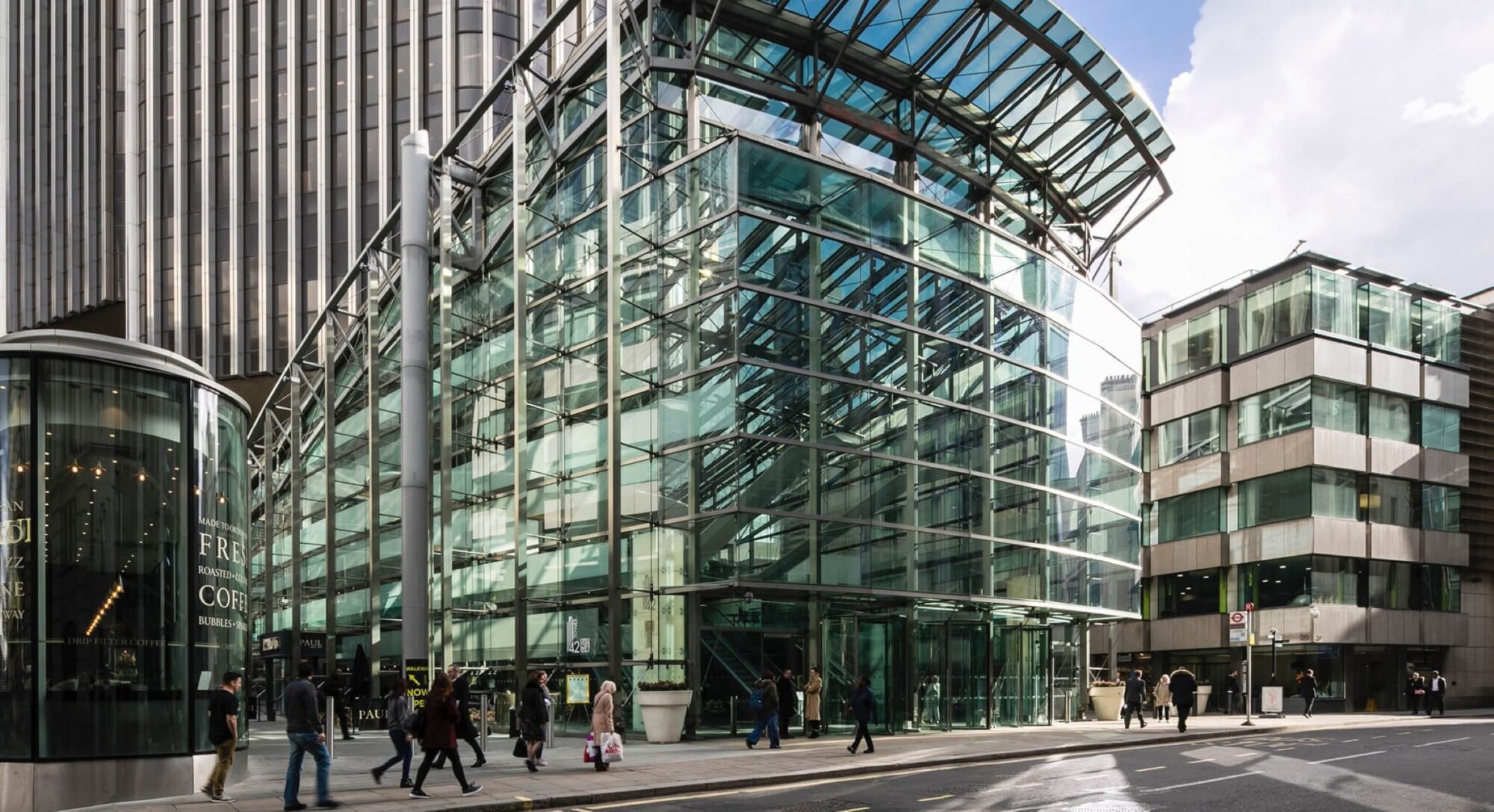Over the last fifteen years, the terms CSR, the environment, and sustainability have featured prominently, and often interchangeably, in the published strategies of Britain’s corporate, cultural and educational institutions. Cynics might say that some of what was published represented little more than a tick-box PR exercise.
Nonetheless, a combination of accelerating climate emergency and the aftermath of the pandemic has bumped sustainability back up the agenda, albeit with a shift in focus. The Government’s ‘Build Back Better’ and ‘Build Back Greener’ campaigns now encourage us all to go about business in both a sustainable and more socially responsible way.
“One of the metrics by which DOC is now measured as part of The Planet Mark certification is social value creation.”
Although it may seem a little distant from the world of FM, as far back as 2015 the United Nations set out their seventeen Sustainable Development Goals (SDGs) with, “a universal call to action to end poverty, protect the planet, and ensure that by 2030 all people enjoy peace and prosperity”. In the light of recent developments, these are now providing a useful framework for businesses to conduct their affairs in a way that balances social, economic, and environmental sustainability.
How will this affect cleaning and FM, you may ask. The answer is simple. When you consider many of the SDGs: good health and wellbeing; quality education; gender equality; decent work and economic growth; innovation; reduced inequality; sustainable communities; climate action; partnerships to achieve the goals, it is very easy to see that cleaning contractors have an important role to play in achieving them, both as direct employers and through the service they provide at clients’ buildings.
Cleaning’s New Role in Sustainability
Like many contractors who are working towards sustainability under the banner of The Planet Mark certification, the programme of activities we are following form part of what we now call our Environmental, Social and Governance strategy, entrusted to our Head of Corporate Responsibility and Sustainability.
Our strategy has four main elements. Firstly, we are putting in place a series of initiatives to help our FM clients manage the difficult task of enticing staff and visitors back to their buildings whilst also keeping them safe and healthy. Secondly, we are working to ensure that our own front-line staff, who number in excess of 1500, can enjoy sustainable, decently paid employment. Thirdly, we are targeting carbon neutrality and fourthly, we are making sure that our own procurement processes contribute to the sustainability of our own wide range of suppliers.
Our clients, of course, are themselves engaging with many of the SDGs and it is reassuring that they are asking for our initiatives to be integrated with their own in a way that ensures we are as aligned on sustainability as we can be.
Practical Support for FMs
Of the many challenges facing FMs, particularly those grappling with the new hybrid working model, the tightening up of health and safety protocols and the measurement of compliance with them are near the top of the pile right now.
To support our clients in these challenges we are currently focusing on two major initiatives. We can provide ATP swab testing in critical areas to reassure FMs that their staff and visitors can use a building safely. We also offer the internationally recognised software, MyTAG to demonstrate proof of attendance, monitor the cleaning of desks, meeting areas and washrooms, measure user satisfaction and provide instant feedback for both ourselves and clients on task completion and problem identification. A particular feature of these systems our clients enjoy is the availability of automated reporting and real-time information which avoids the need for creating and emailing reports.
Building Social Value
One of the metrics by which DOC is now measured as part of The Planet Mark certification is social value creation. Amongst other things, this measures the amount of direct local employment we create.
At DOC, we support the employment of front-line staff who live locally to their place of work as part of the drive to create sustainable communities. Even when staff are paid the Real Living Wage, it is still frustrating that they spend so much of their earnings on travel – an ongoing issue in London. This is why we are following closely the emergence of new style recruitment agencies who focus, using clearly defined ‘localness’ criteria, on matching local people with local jobs in London. In combination with this, we are increasing our efforts to create full time employment for front-line staff where possible and this has been helped, in true silver lining style, by the way the pandemic is driving a requirement for more daytime cleaning, along with an increase in the amount of deep cleaning and sanitising.
Is There a Cost to Sustainability?
Some will say that sustainability in cleaning comes at a financial cost. I absolutely disagree. We are seeing growing evidence that sustainable practices of employment, procurement, energy use and product selection can improve cleaning productivity and enhance service delivery, leading to extended contracts and more rewarding client relationships.
A positive attitude from cleaning contractors in the promotion of sustainable business will surely reinforce the perception, nurtured over the last, turbulent eighteen months, that cleaning is an industry which should be taken seriously and which is integral to the country’s economic long-term success.
